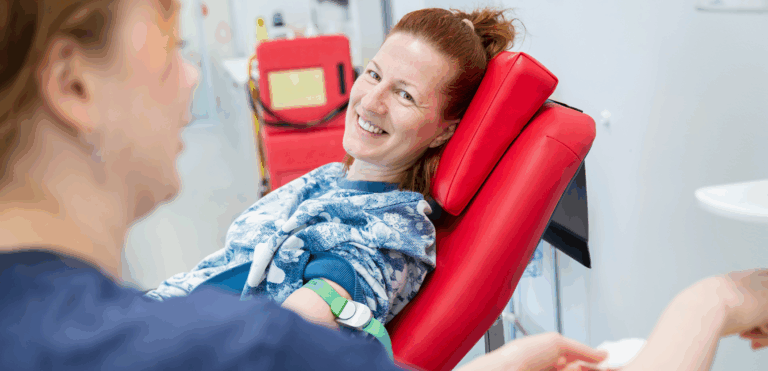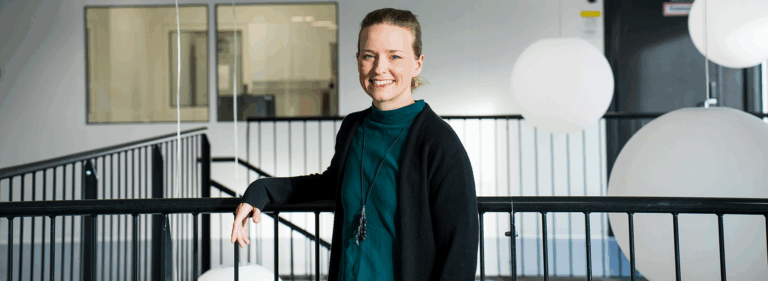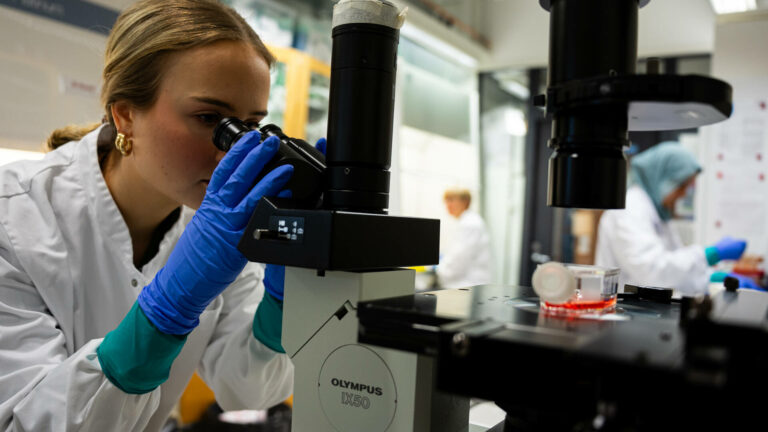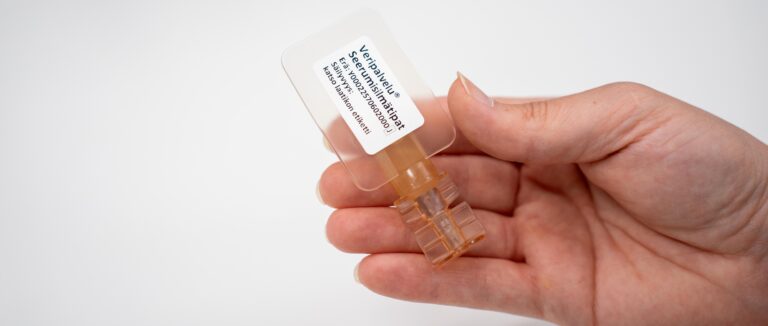Already 70 doctoral dissertations have been completed at the Blood Service
The Finnish Red Cross Blood Service is already witnessing the completion of the 70th doctoral dissertation as Salla Markkinen, MA, shall defend her dissertation on 27 September 2024 on the development of tissue compatibility in kidney transplantations using genome research. Over many decades, the dissertations completed at the Blood service have made a significant contribution to patient care.
Blood Service research operations began in the 1950s with the then director of the Blood Service, Professor Harri Nevanlinna, setting an example. The topic of Nevanlinna’s doctoral research was Rhesus disease in neonatals in which the mother’s blood group antibodies break down the red blood cells of the foetus. Thanks to research in the field, the prevention of this grave disease developed to a high level in Finland.
In the 1960s, studies related to blood clotting were at the forefront of doctoral research which laid the groundwork for the treatment of haemophilia in particular, with products developed by the Blood Service.
Research on tissue types became a growing area of research starting in the 1970s. The compatibility of the tissue type between donor and patient is critical to the success of, for example, stem cell transplantation and organ transplantation.
Doctoral research on the optimal use of blood products in surgery and the treatment of massive haemorrhage has also been conducted in the Blood Service. New areas of doctoral research in the 21st century have included, for example, research on CAR-T cells used in cancer treatments and research on extracellular vesicles.
The most recent doctoral research is working towards making kidney transplantation more successful
Research to support blood transfusions and tissue therapies will continue alongside the new research areas. The recent dissertation by Salla Markkinen brings greater depth to the tissue compatibility research conducted at the Blood Service.
Markkinen’s doctoral dissertation focuses on the use of new genomic research tools to predict tissue compatibility in kidney transplantation. The research results show that in addition to the compatibility of HLA tissue factors, genetic differences between the donor and recipient increase the risk of host-versus-graft reaction. In addition, a large international collaboration project demonstrated that the calculated polygenic risk sums of donors are useful tools in predicting graft function.
Markkinen’s doctoral dissertation is being conducted at the University of Helsinki. The research was carried out in cooperation with kidney transplantation surgeons at Helsinki University Central Hospital. Going forward, the next critical objective is to demonstrate the clinical value of the research results.



